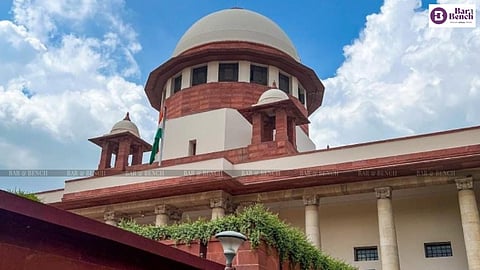
- News
- Columns
- Interviews
- Law Firms
- Apprentice Lawyer
- Legal Jobs
- हिंदी
- ಕನ್ನಡ

The Supreme Court Monday said that it will lay down guidelines for courts across the country to adhere to when summoning government officers to courts in cases involving government.